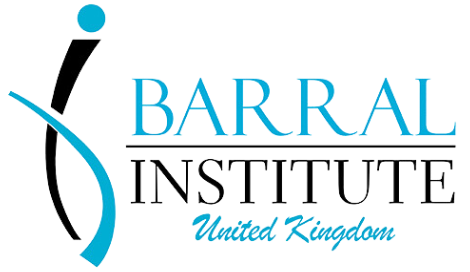
Viscerovascular Manipulation Courses
Visceral Manipulation: Viscerovascular Manipulation; Upper Body (VVMU)
Course Length: 3 Days Each, 18 Hours course time
Synopsis: This course explores evaluation and treatment techniques for the vascular system of the body above the diaphragm.
Course Highlights:
Review the anatomy and physiology of the vascular system, particularly how arteries dilate or diminish in diameter depending on the function of the body.
Understand how compression along vascular structures creates restriction patterns and pain throughout the body.
Learn to locate and release restrictions along the vascular structures using direct techniques on the arteries like compression, decompression and elongation, as well as indirect techniques using the limbs.
Explore manipulation of the soft tissues of the heart itself, aorta, subclavian artery, along with all the arteries connected with the thoracic visceral system.
Enhance your understanding of how increased blood circulation to an organ improves function of the viscera, and learn how to improve the blood circulation to organs, directly and/or indirectly.
Learn treatment of the vaso-pressive system and the brain.
Discover the research done with doppler ultrasound to determine the best mobilizations of the arteries to improve local and general blood circulation.
Learn practical integration of vascular treatment into the therapeutic session.
Prerequisites: VM4 (Thorax)
Required Advance Reading: Visceral Vascular Manipulations by Jean-Pierre Barral, RPT, DO and Alain Croibier, D.O. and review organs from VM4.
Visceral Manipulation: Viscerovascular Manipulation; Lower Body (VVML)
Course Length: 3 Days, 18 Hours course time.
Synopsis: This course explores evaluation and treatment techniques for the vascular system of the body below the diaphragm.
Course Highlights:
Review the anatomy and physiology of the vascular system, particularly how arteries dilate or diminish in diameter depending on the function of the body.
Understand how compression along vascular structures creates restriction patterns and pain throughout the body.
Learn to locate and release restrictions along the vascular structures using direct techniques on the arteries like compression, decompression and elongation, as well as indirect techniques using the limbs.
Explore manipulation of the abdominal aorta, iliac arteries and arteries supplying visceral system.
Learn to evaluate the vascular supply to the lower limb and release restrictions of the main vessels.
Enhance your understanding of how increased blood circulation to an organ improves function of the viscera, and learn how to improve the blood circulation to organs, directly and/or indirectly.
Discover the research done with doppler ultrasound to determine the best mobilizations of the arteries to improve local and general blood circulation.
Learn practical integration of vascular treatment into the therapeutic session.
Prerequisites: VM4 (Thorax)
Required Advance Reading: Visceral Vascular Manipulations by Jean-Pierre Barral, RPT, DO and Alain Croibier, D.O. and review organs from VM1 & 2.

